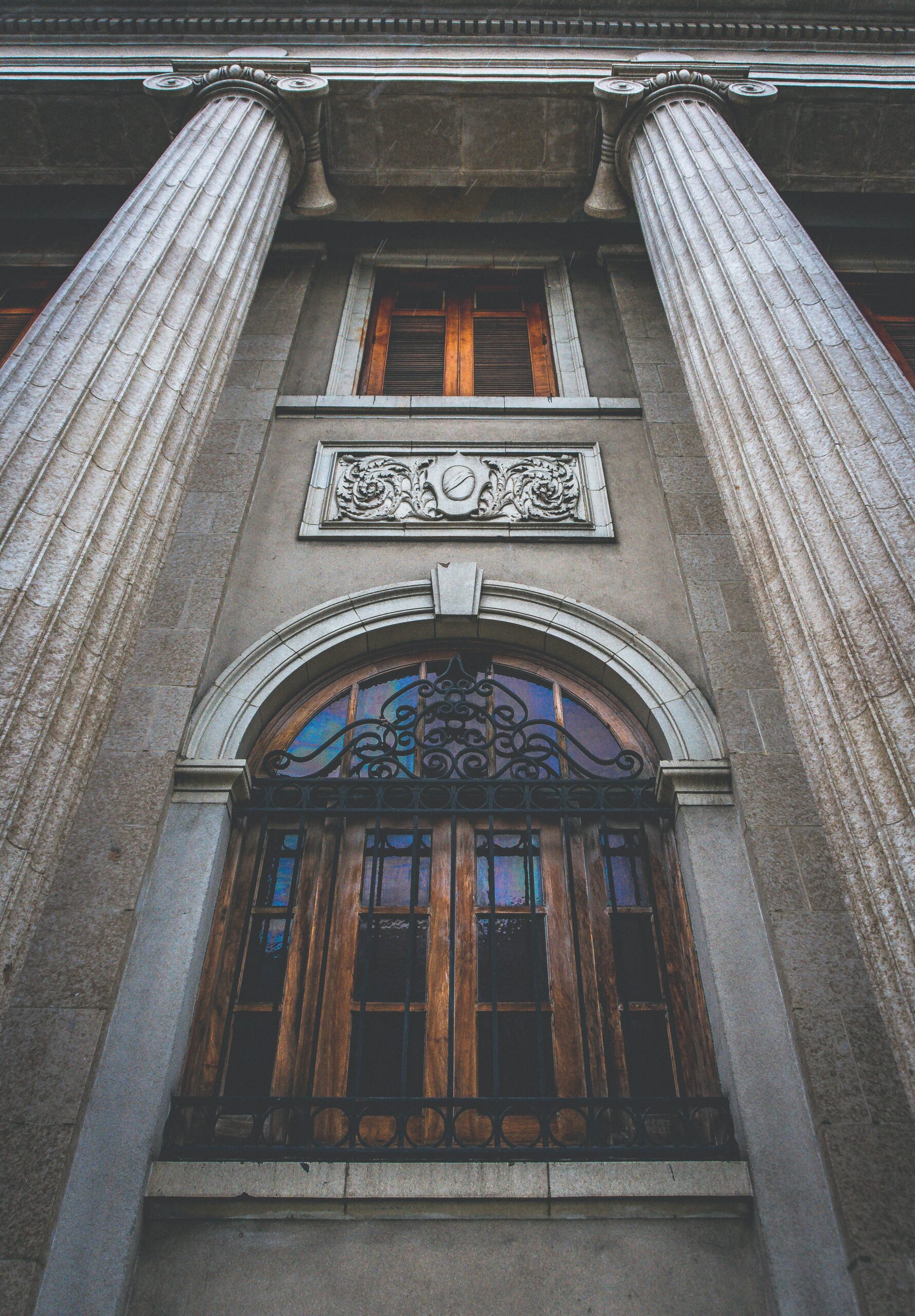Anonymous launched a new attack on Russia as part of its strategy in the Ukraine war. According to YourAnonTV, the group hacked into Roskomnadzor and leaked more than 360,000 files and two databases.
Roskomnadzor is the name of the Federal Service for Supervision of Telecommunications, Information Technology and Mass Media in Russia. The hackers breached the security of the agency in Bashkortostan, one of the largest republics that make up the Russian Federation.
The leak weighs 820 GB and contains 363,994 files distributed in 43,593 directories. Some of them are recent, dating back to March 5, 2022. The decision to hack the federal agency in charge of censorship in Russia comes at a time when the country could be cut off from the internet.
https://twitter.com/YourAnonTV/status/1501942349550653443
Anonymous is against the Russians going offline and hopes they can download the hack information before Putin shuts down internet access. The leaked files are divided into two parts and you are asked to review them with caution, as they could contain malware.
The package includes two 290 GB databases, although for now the files are in a proprietary format and hackers are working on tools to extract the information. It is presumed that one of the databases would be used in legal research and the other is for procedures of the personnel department.
Anonymous says that although the files belong to the Republic of Bashkortostan they offer a glimpse into what Roskomnadzor is.
Who is Roskomnadzor and why did Anonymous hack it?
The Federal Service for the Supervision of Telecommunications, Information Technologies and Communication Media is an agency in charge of monitoring the traditional and electronic media. In short, he is the one who manages the censorship filters in Russia and threatens journalists and communicators who do not follow the rules.
Roskomnadzor has played a major role in the Ukraine war by manipulating local media coverage. Words such as assault, invasion or declaration of war are not allowed to refer to the armed conflict.
Some independent outlets reported that they received threats of blocking if they did not remove the banned words from their coverage. Roskomnadzor also called out Wikipedia for failing to remove "false messages" on the Russian version of the "2022 Russian Invasion of Ukraine" page.
After threatening to prohibit access to said entry, the federal agency charged against Facebook and limited its use for labeling official media such as RT and Sputnik. According to the Russian body that regulates telecommunications and the internet, Facebook "incurred in violations of the rights and freedoms of Russian citizens."
Days later, the agency blocked access to Facebook and Twitter in an attempt to control the narrative of the conflict. "Roskomnadzor's activities have always been a matter of public interest to the people of Russia and the rest of the world. Its latest decisions have only reinforced this interest," Anonymous mentions on the page containing the files.
Those interested can download the 817.5 GB torrent. Hackers recommend using tools like Dangerzone, which converts potentially dangerous files into safe PDFs.



